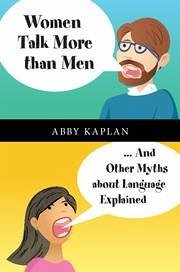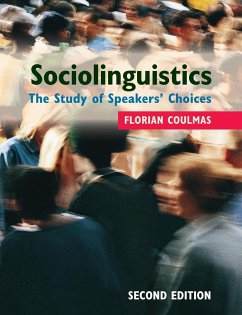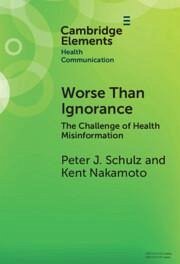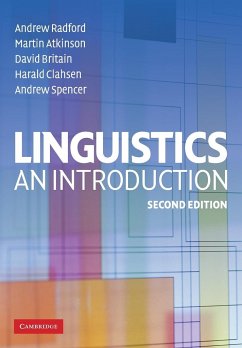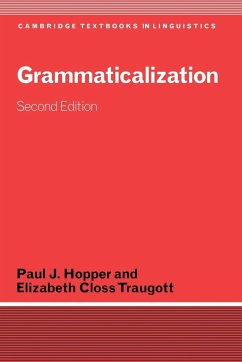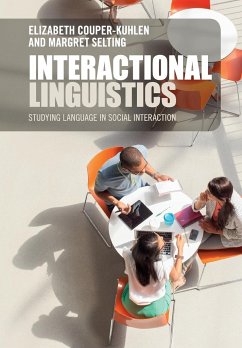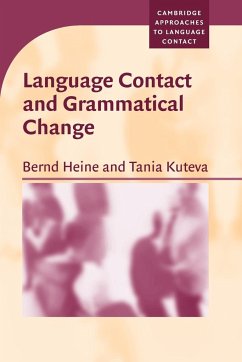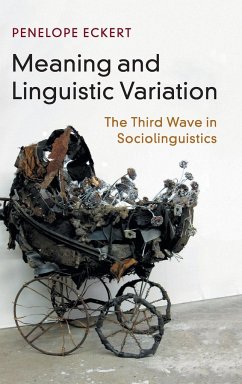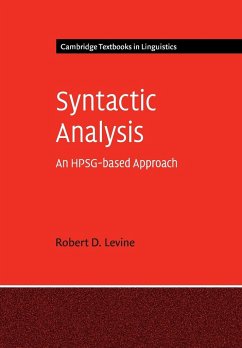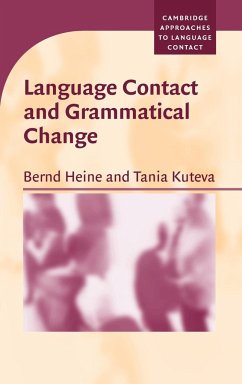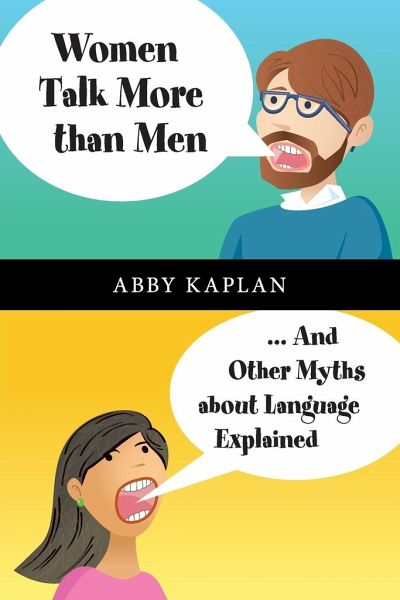
Women Talk More Than Men
Versandkostenfrei!
Versandfertig in 1-2 Wochen
32,99 €
inkl. MwSt.
Weitere Ausgaben:

PAYBACK Punkte
16 °P sammeln!
Do women talk more than men? Does text messaging make you stupid? Can chimpanzees really talk to us? This fascinating textbook addresses a wide range of language myths, focusing on important big-picture issues such as the rule-governed nature of language or the influence of social factors on how we speak. Case studies and analysis of relevant experiments teach readers the skills to become informed consumers of social science research, while suggested open-ended exercises invite students to reflect further on what they've learned. With coverage of a broad range of topics (cognitive, social, his...
Do women talk more than men? Does text messaging make you stupid? Can chimpanzees really talk to us? This fascinating textbook addresses a wide range of language myths, focusing on important big-picture issues such as the rule-governed nature of language or the influence of social factors on how we speak. Case studies and analysis of relevant experiments teach readers the skills to become informed consumers of social science research, while suggested open-ended exercises invite students to reflect further on what they've learned. With coverage of a broad range of topics (cognitive, social, historical), this textbook is ideal for non-technical survey courses in linguistics. Important points are illustrated with specific, memorable examples: invariant 'be' shows the rule-governed nature of African-American English; vulgar female speech in Papua New Guinea shows how beliefs about language and gender are culture-specific. Engaging and accessibly written, Kaplan's lively discussion challenges what we think we know about language.





